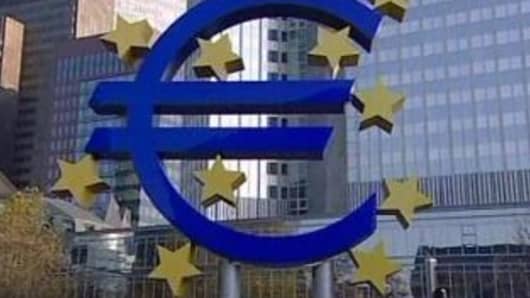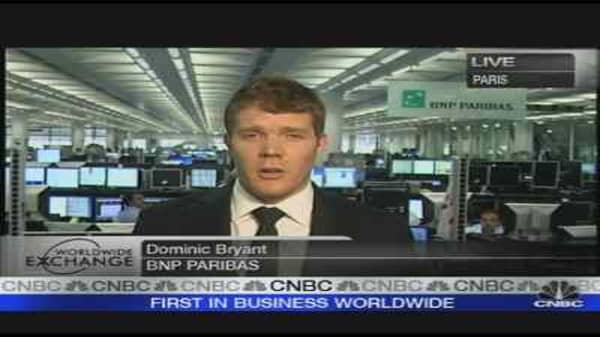The euro zone economy recorded its first ever contraction in the second quarter, pulled down by falling activity in its biggest economies, which could lead to a technical recession.
The European Union's statistics office Eurostat on Thursday estimated that the economy of the 15 countries sharing the euro contracted 0.2 percent against the first quarter and grew 1.5 percent year-on- year.
Both figures were in line with market expectations.
Eurostat said the quarterly decline was the first since its data series for the euro zone started in 1995.
The next worse result was 0.0 percent growth in the second quarter of 2003.
The fall was still smaller than in the world's second biggest economy Japan, which shrank 0.6 percent in April-June but well below the United States, where gross domestic product expanded 0.5 percent.
"There is a good chance that the economy is already in recession, but even if it isn't the outlook remains for subdued growth in the quarters to come," said Stuart Bennett, senior FX strategist at Calyon.




